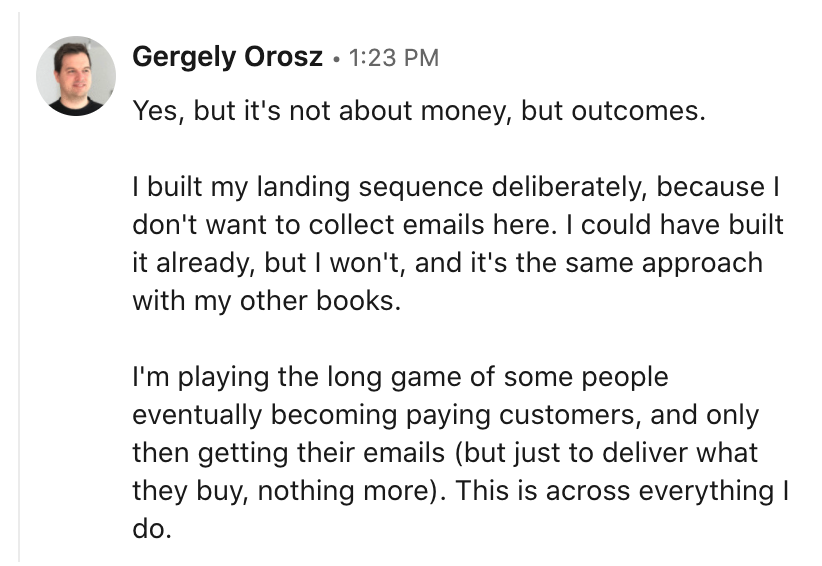
A level-headed thread on web3 by @JoshWComeau. I fully agree with it. If you're thinking of learning web3 because this is all you hear: give it read.
Learn/build things you are interested in. If you *only* get into learning into web3 to make money: you might get disappointed.
Learn/build things you are interested in. If you *only* get into learning into web3 to make money: you might get disappointed.
https://twitter.com/JoshWComeau/status/1465049169295548433
As with any new technology, the earlier the days, the more the churn (meaning things change more rapidly).
E.g. if you got into rich web apps 8 years ago, you would've learned Knockout, Angular, Backbone, and many others... until today, where e.g. React, Vue, Next are prominent.
E.g. if you got into rich web apps 8 years ago, you would've learned Knockout, Angular, Backbone, and many others... until today, where e.g. React, Vue, Next are prominent.
Are the best rich web app developers/frontend developers those who got in early enough to use Knockout and Backbone?
I'm not so sure. But what I do know is this:
If you're a software engineer who keeps learning, you'll have no problem picking up web3 / React / anything else.
I'm not so sure. But what I do know is this:
If you're a software engineer who keeps learning, you'll have no problem picking up web3 / React / anything else.
An example on how being a lifelong learner helps pick up new frameworks/concepts/tech quickly:
If you really want to learn about web3, @dabit3 does a remarkable job teaching. To me, he is the example of someone who never stopped learning and had no trouble picking up e.g. web3.
If you really want to learn about web3, @dabit3 does a remarkable job teaching. To me, he is the example of someone who never stopped learning and had no trouble picking up e.g. web3.
• • •
Missing some Tweet in this thread? You can try to
force a refresh







